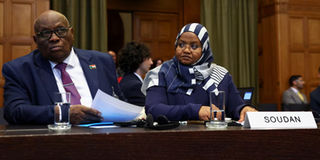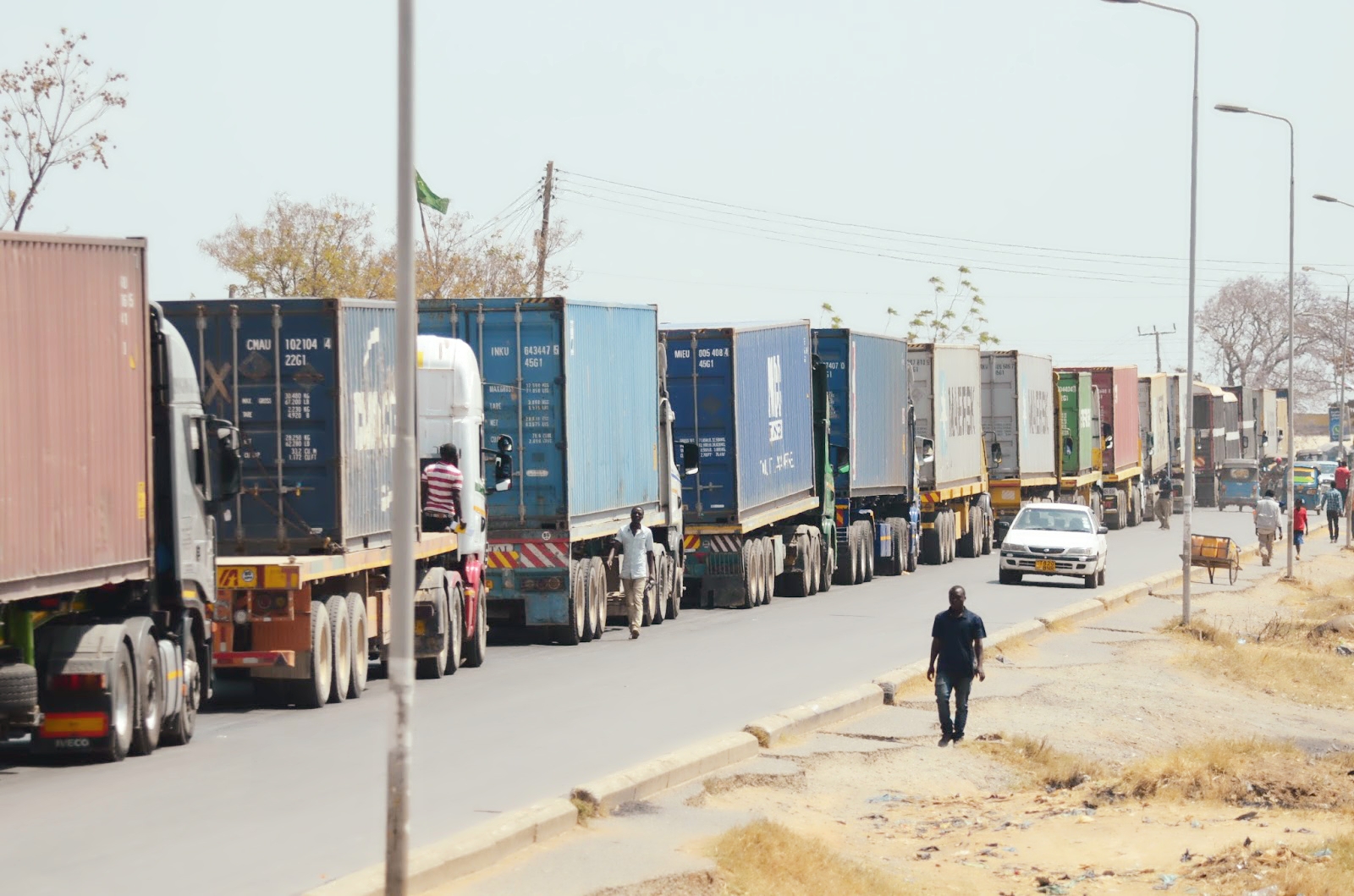Sudan tells World Court UAE fuels Darfur genocide

Sudan's Acting Minister of Justice, Muawia Osman Muhammad Khair sits next to Omaima M. A. Alsharief, Minister Plenipotentiary and Chargé d'Affaires a.i. (acting) of the Embassy of the Republic of The Sudan in The Hague, at the International Court of Justice for a case brought by Sudan to the World Court demanding emergency measures against the UAE. PHOTO | REUTERS
What you need to know:
- The UAE has repeatedly dismissed the filing of the case as a political game.
The Hague. Sudan on Thursday told the International Court of Justice that the United Arab Emirates was violating the Genocide Convention by supporting paramilitary forces in Darfur and asked judges to issue emergency preventative orders.
Sudan's complaint to the Hague-based ICJ - known as the World Court - is in connection with intense ethnic-based attacks by the paramilitary Rapid Support Forces and allied Arab militias against the non-Arab Masalit tribe in 2023 in West Darfur, documented in detail by Reuters.
The UAE has repeatedly dismissed the filing of the case as a political game.
"The genocide against the Masalit is being carried out by the Rapid Support Force, believed to be Arab from Darfur, with the support and complicity of the United Arab Emirates," Sudan's acting justice minister, Muawia Osman, told the United Nations' top court.
Attacks against the Masalit were determined to be genocide by the U.S. in January.
Sudan accuses the UAE of arming the RSF which have been fighting the Sudanese army in a two-year civil war - a charge the UAE denies but U.N. experts and U.S. lawmakers have found credible.
"There was no credible evidence presented to support (Sudan's) claims," Reem Ketait, a top official at the UAE ministry of foreign affairs, said in a statement after Sudan's presentation.
Earlier she told journalists the court case was a "cynical and baseless PR stunt".
The Sudanese justice minister asked the court to order the UAE to prevent genocidal acts against the Masalit.
As cases before the ICJ can take years to reach a final conclusion, states can ask for emergency measures which are meant to ensure the dispute between the states does not escalate in the meantime.
The Emirates will present its side of the case to ICJ judges later on Thursday and is expected to argue that the court has no jurisdiction.





